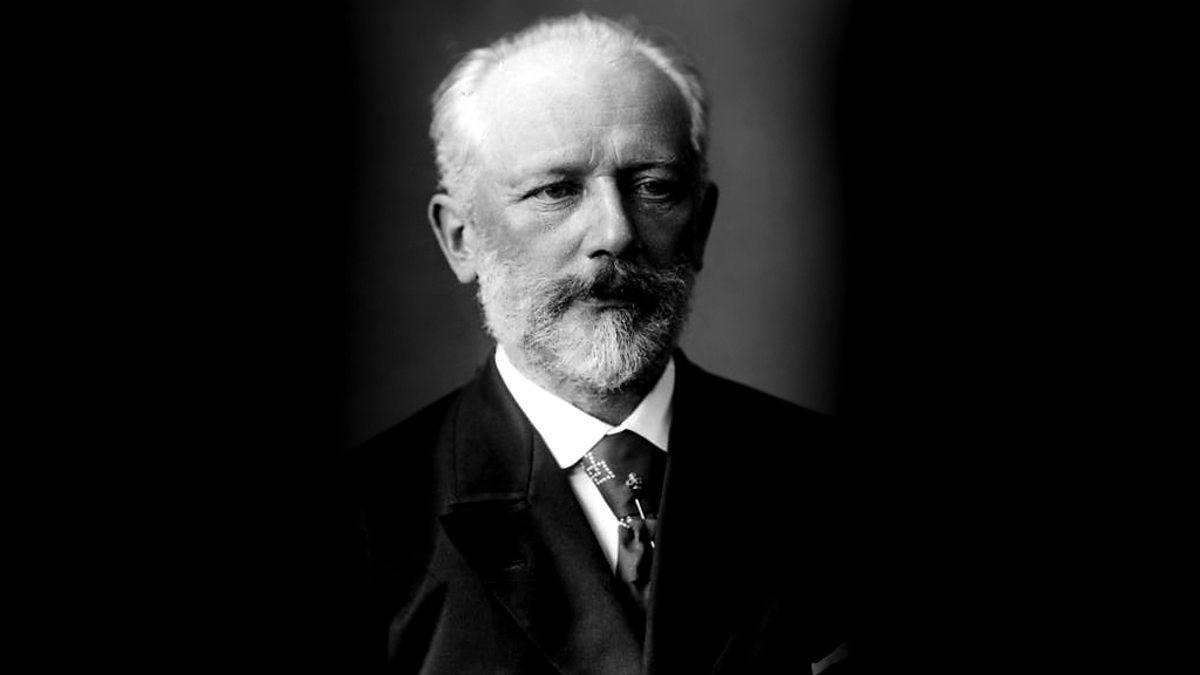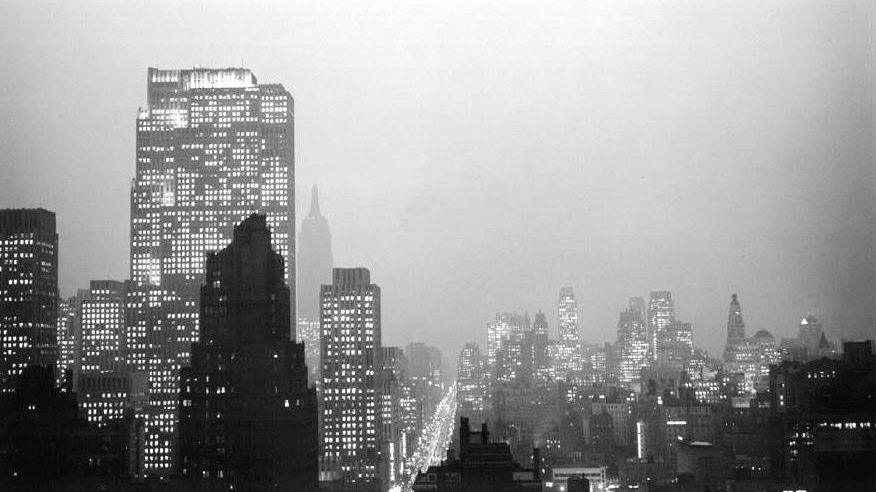Tchaikovsky’s Violin Concerto: Oistrakh, Milstein, Heifetz
Tchaikovsky’s Violin Concerto in D Major has long held a cherished position in the musical canon. Yet, the value of this popular work was not always appreciated. Following the premiere on December 4, 1881, performed by the Russian violinist Adolph Brodsky with Hans Richter leading the Vienna Philharmonic, the influential critic Eduard Hanslick wrote savagely, “Tchaikovsky is surely no ordinary talent, but rather, an inflated one…lacking discrimination and taste.” He continued, “The same …







